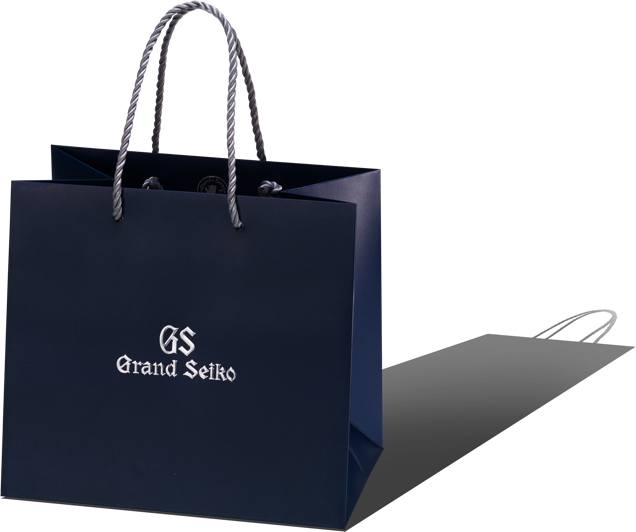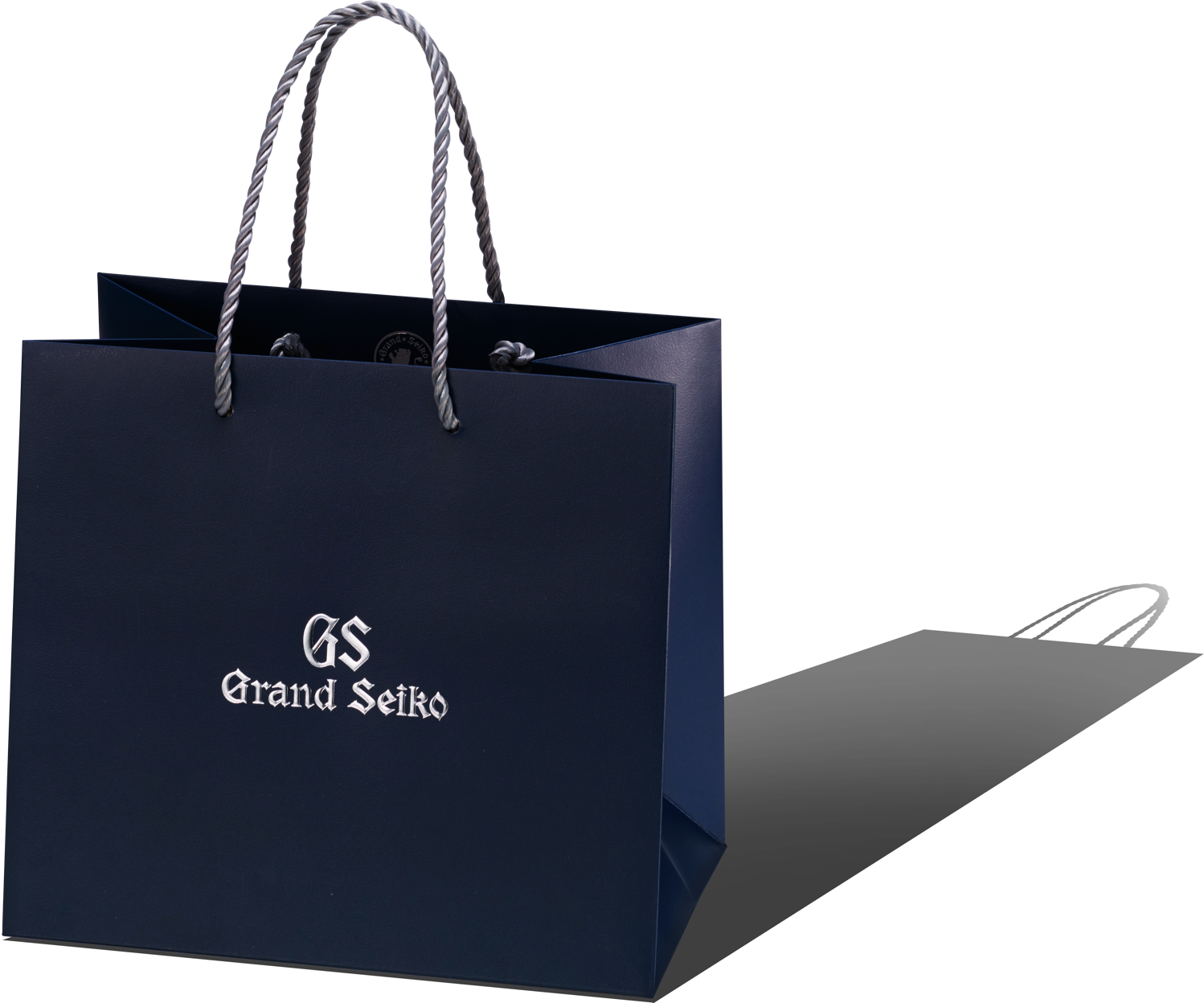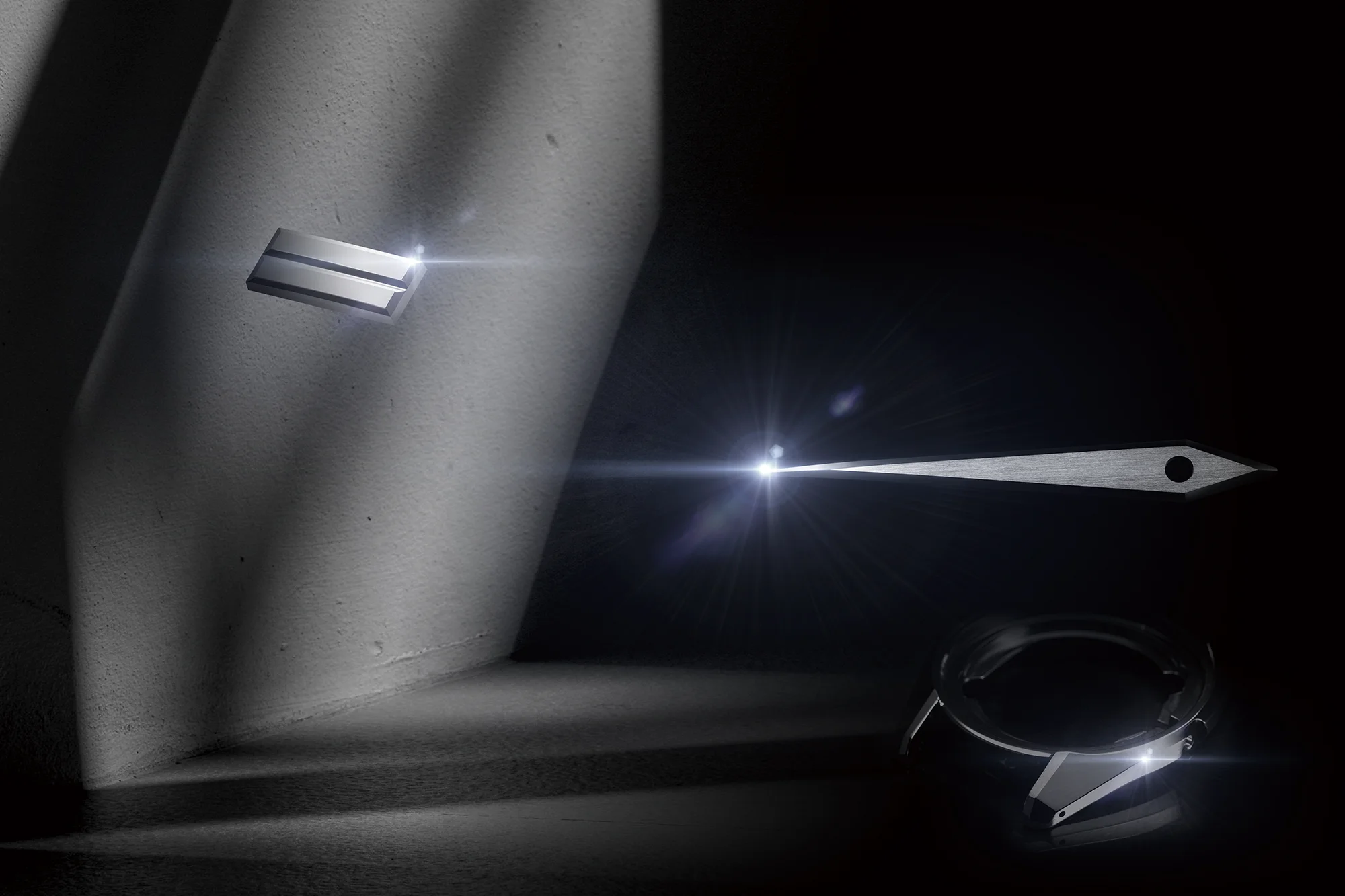
Light, shadow, and the gradations between the two are a common theme in Japanese culture. From architecture and glassware to traditional arts like Sado—the Japanese tea ceremony—and Ikebana—the art of flower arrangement—light and shadow are deftly incorporated into long standing Japanese cultural traditions that permeate everyday Japanese life. In the Japanese tea room, for example, sunlight streams through the Shoji sliding doors and casts a dim light that changes as the day goes on. In this space, shifts of light and shadow dominate throughout, fully embracing the beauty inherent to this juxtaposition. In Ikebana, which is in itself an expression of life and death through the intricate arrangement of flowers, stems, and leaves, light and shadow are crucial in conveying the artist’s intended meaning.
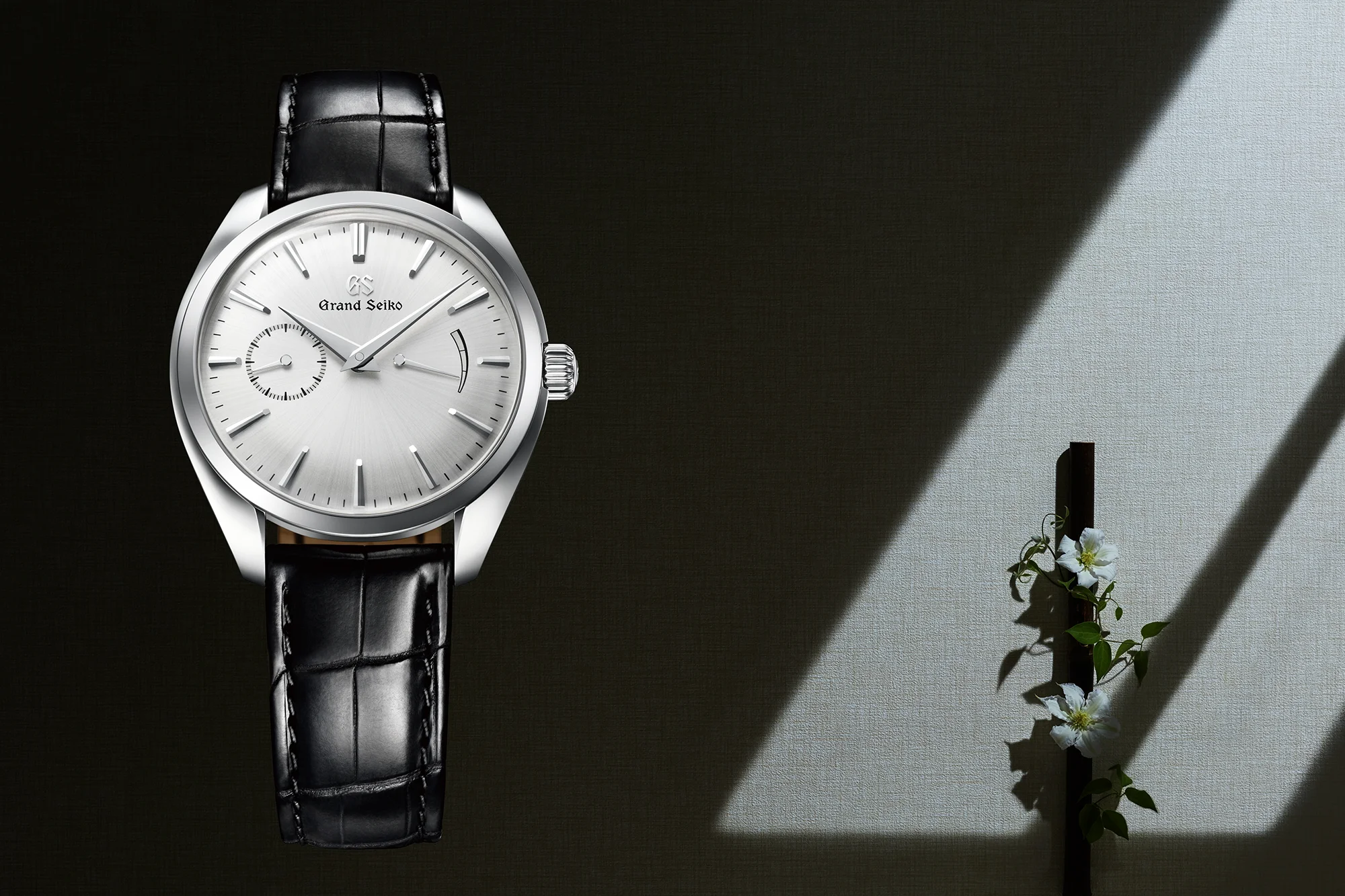
At the core of the Grand Seiko Style is the idea that each Grand Seiko timepiece should have a “Sparkle of quality.” This goes back to the days of designer Taro Tanaka, who devised the Grand Seiko Style to give each timepiece a uniquely Japanese aesthetic that was unlike anything produced by Switzerland at the time. Critical to achieving this, the interplay of light and shadow became central to Grand Seiko design, and remains so to this day.
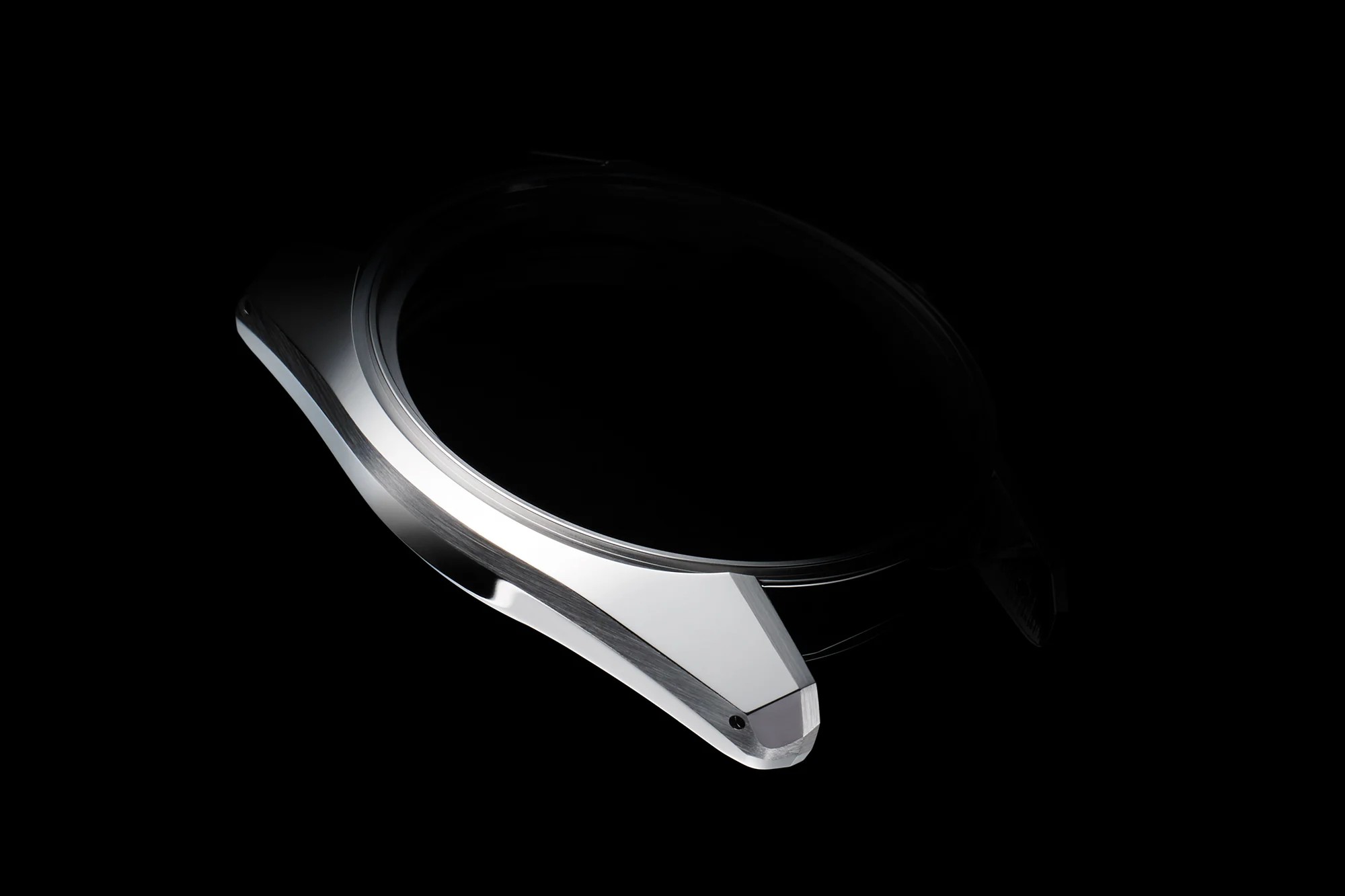
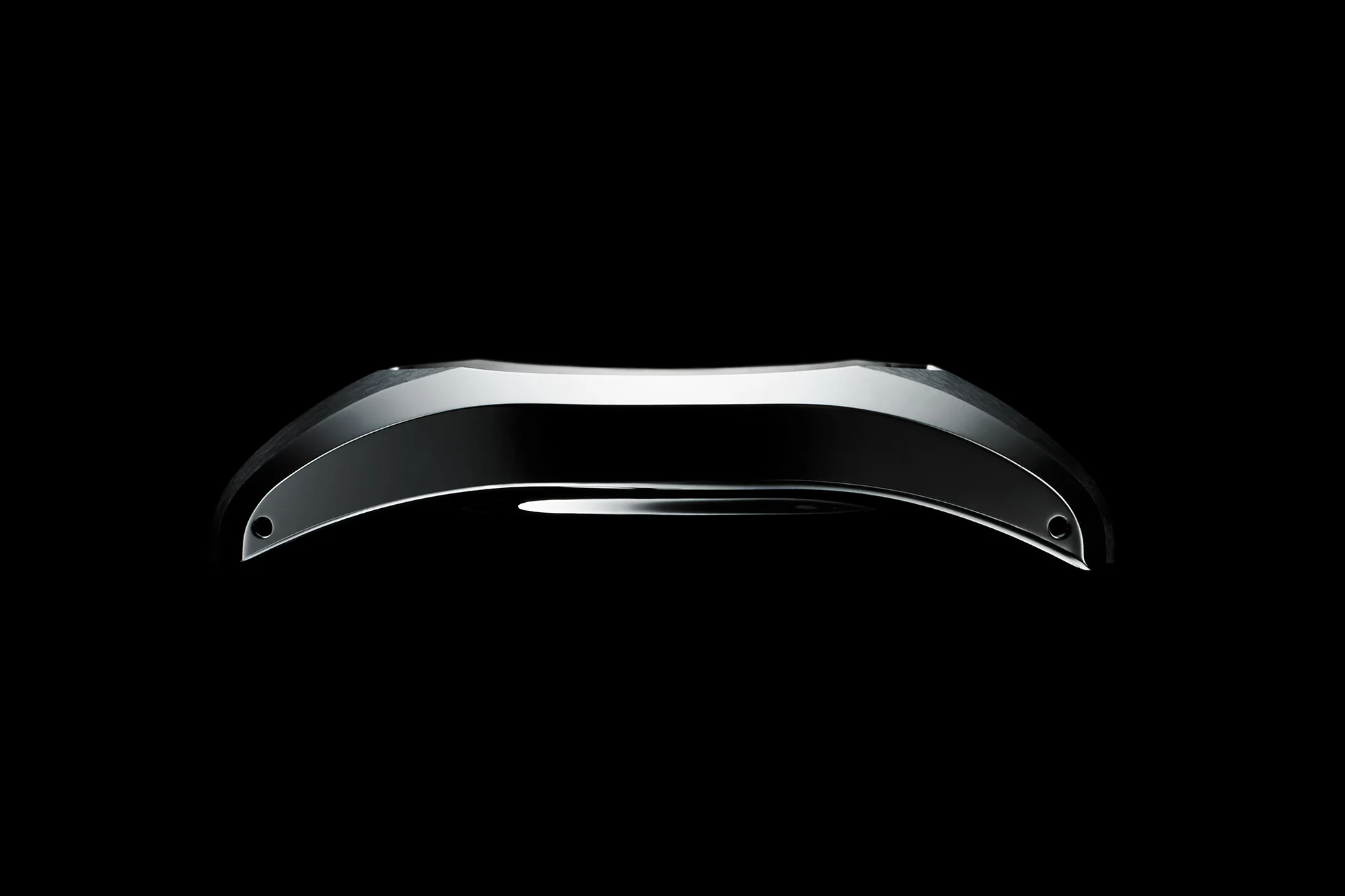
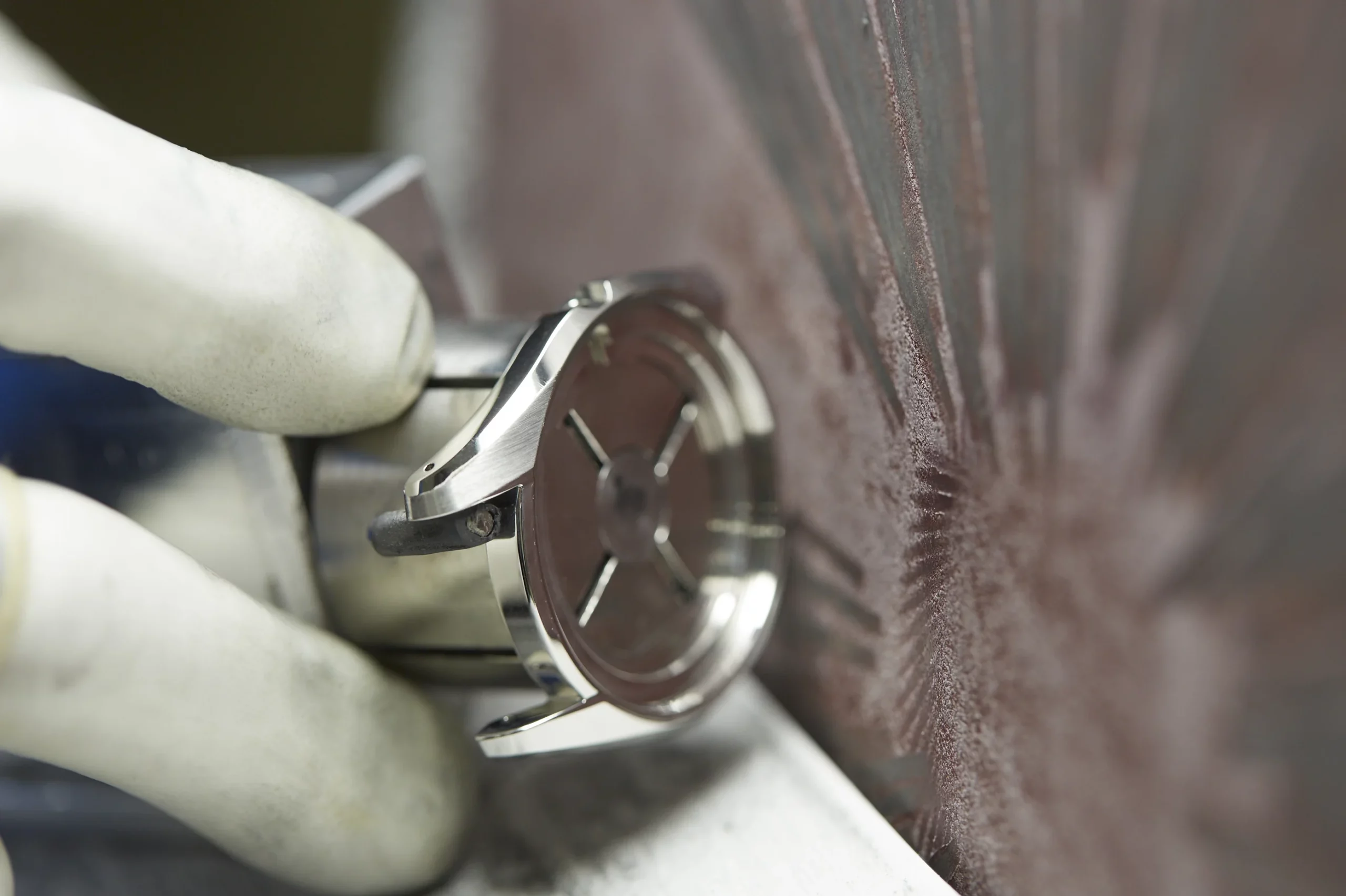
Grand Seiko cases feature distortion free surfaces, mirror-polished via Grand Seiko’s Zaratsu technique to capture even the smallest hint of light. These areas are contrasted against surfaces with a fine hairline finish. As the watch moves, gradients of light and shadow are created across the the case, emphasizing this deeply admired Japanese aesthetic in two ways: on the mirror polished surfaces themselves, and through the contrast of the mirror-polished and hairline-finished areas set side-by-side.
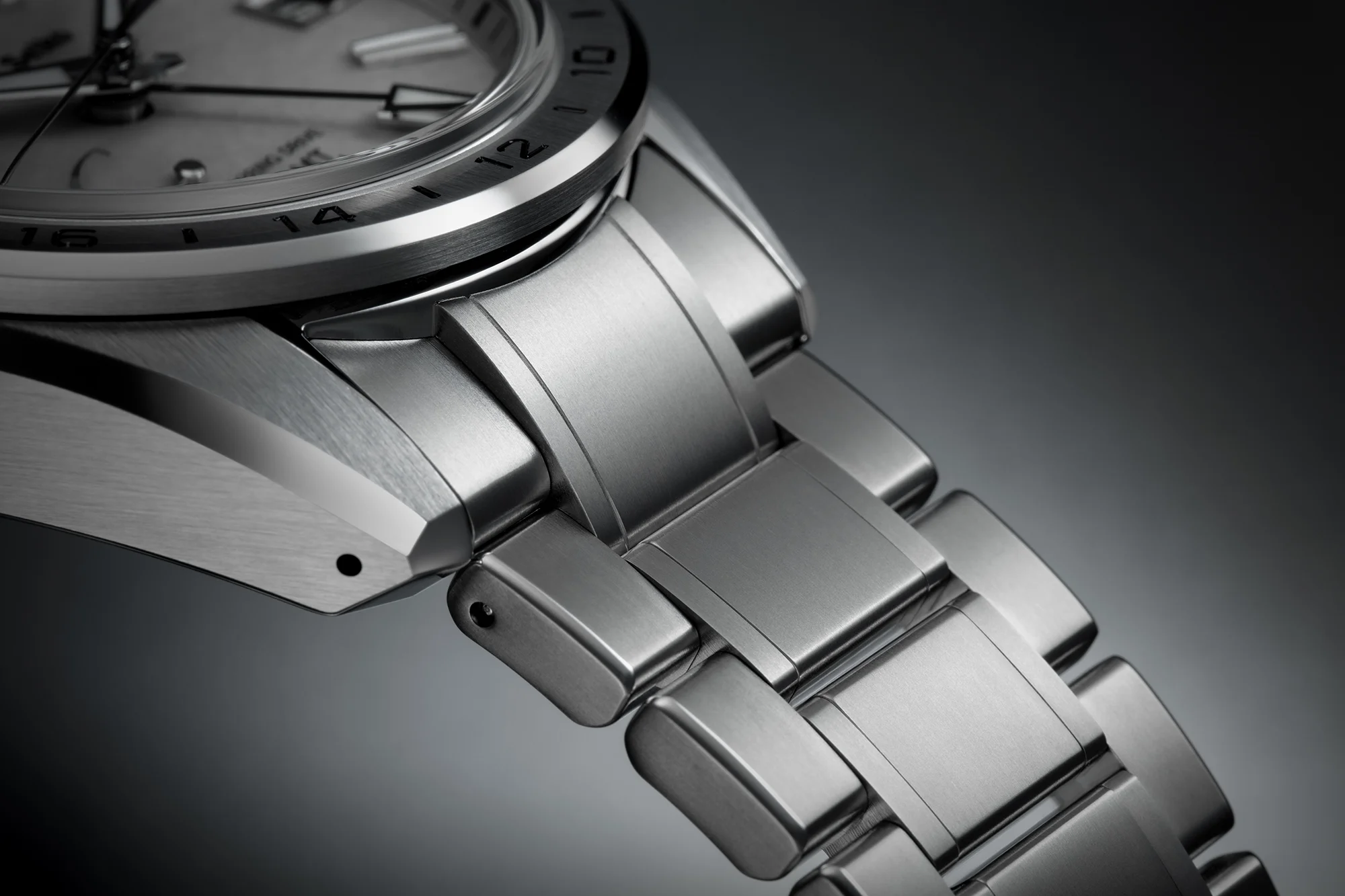
Grand Seiko is known for its use of unique dial textures, which are often inspired by the natural world. These surface treatments also make use of light and shadow, sometimes in subtlest of ways. The “Mount Iwate pattern” dial, for example, evokes the imagery of the many ridges of Mt. Iwate viewed from above. On the dial, the pattern’s tiny peaks and valleys create small areas of light and shadow, which in turn emphasizes the texture. Likewise, the “Silken sunray pattern” dial, inspired by the history of the Nagano region and its ties to silk production, plays with light and shadow through the use of fine, radiating lines that create delicate gradations on the dial.
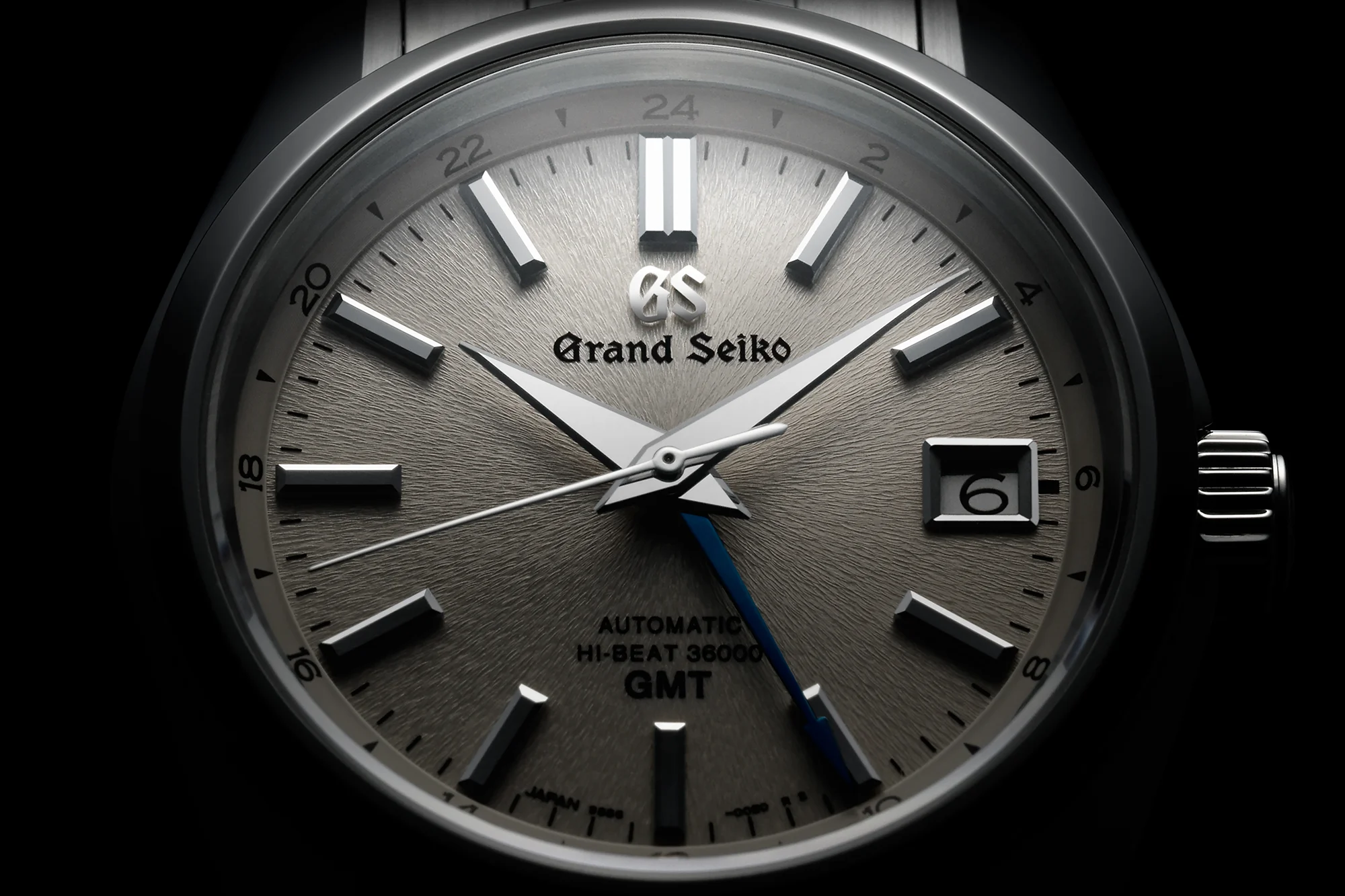
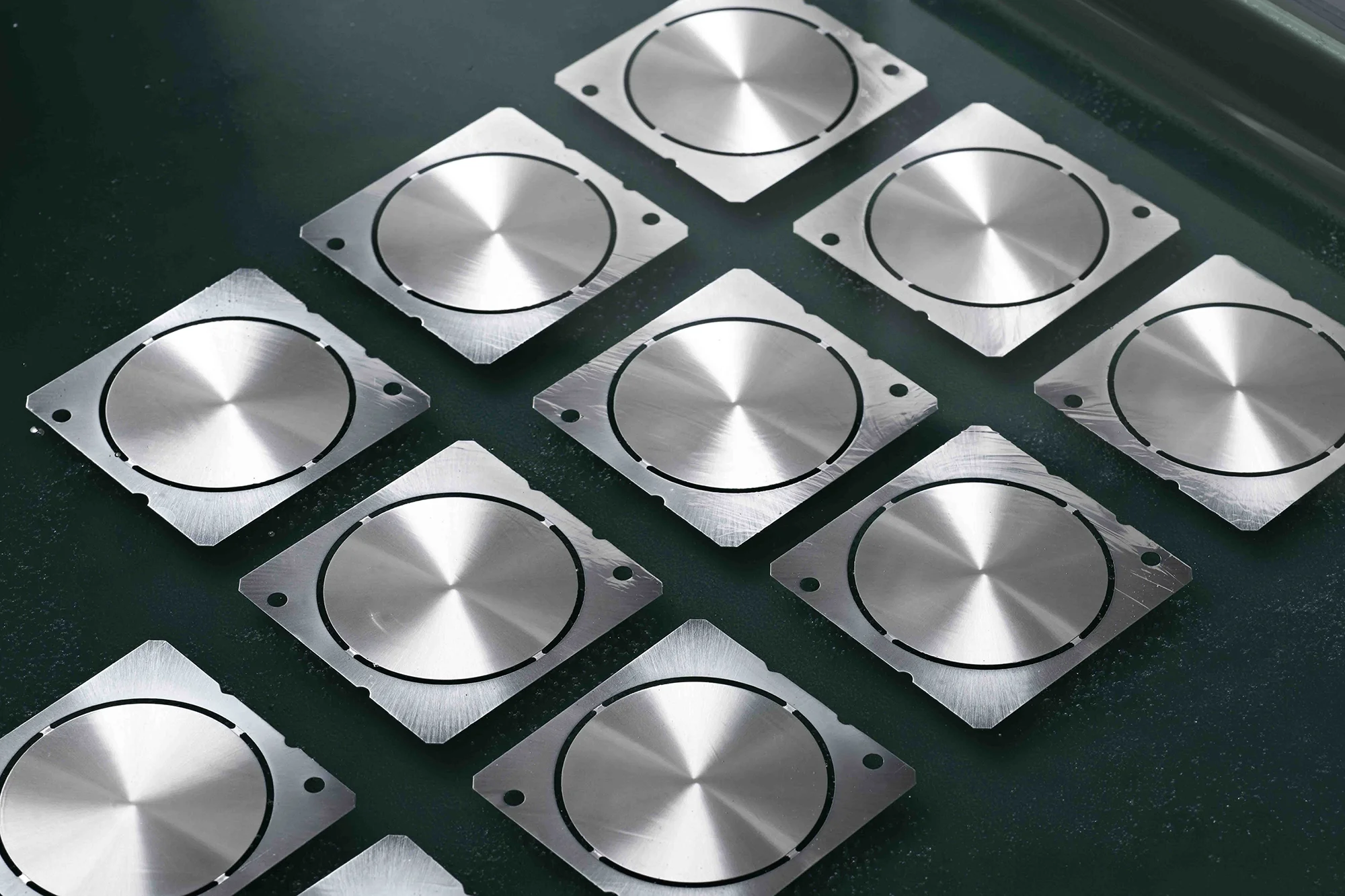
Dials, no matter how complex, must be perfect backdrops for the hands and hours indexes. To that end, color and texture must be consistent, both in the short-term and in the long-term as the watches are exposed to the sun and different climate conditions.
Of course, Grand Seiko’s skillful use of light and shadow is not simply a matter of aesthetics; it is also deeply functional. With legibility being paramount to Grand Seiko design, light and shadow become ever more important to ensure readability, especially because most Grand Seiko watches do not make use of luminous paint.
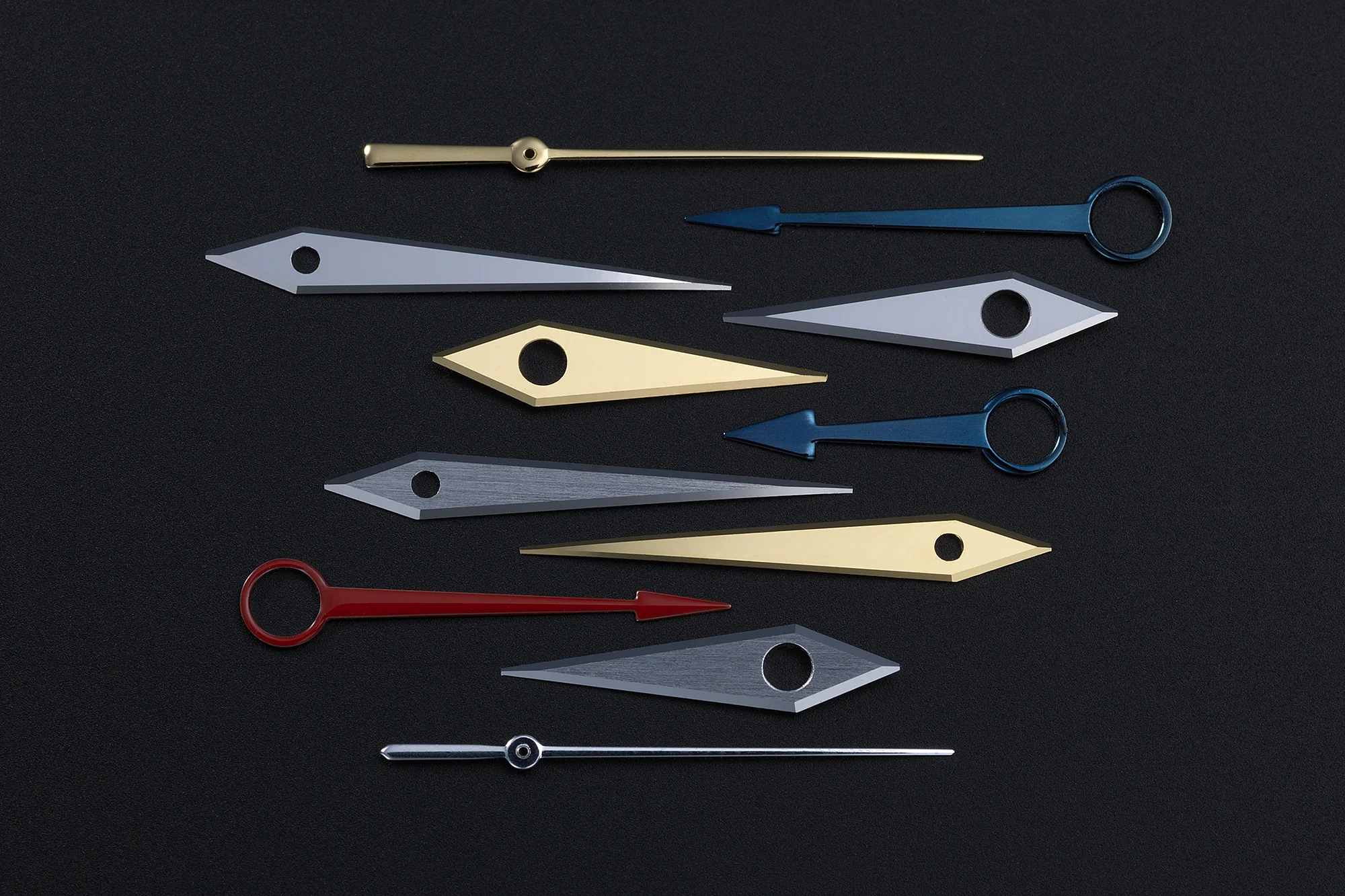
The hands and hours indexes of each Grand Seiko timepiece are multi-faceted. Like the cases, the hands and indexes too make use of light and shadow to ensure legibility, allowing the individual components to remain visible in conditions with even the faintest of light.

Handset from SBGJ201.
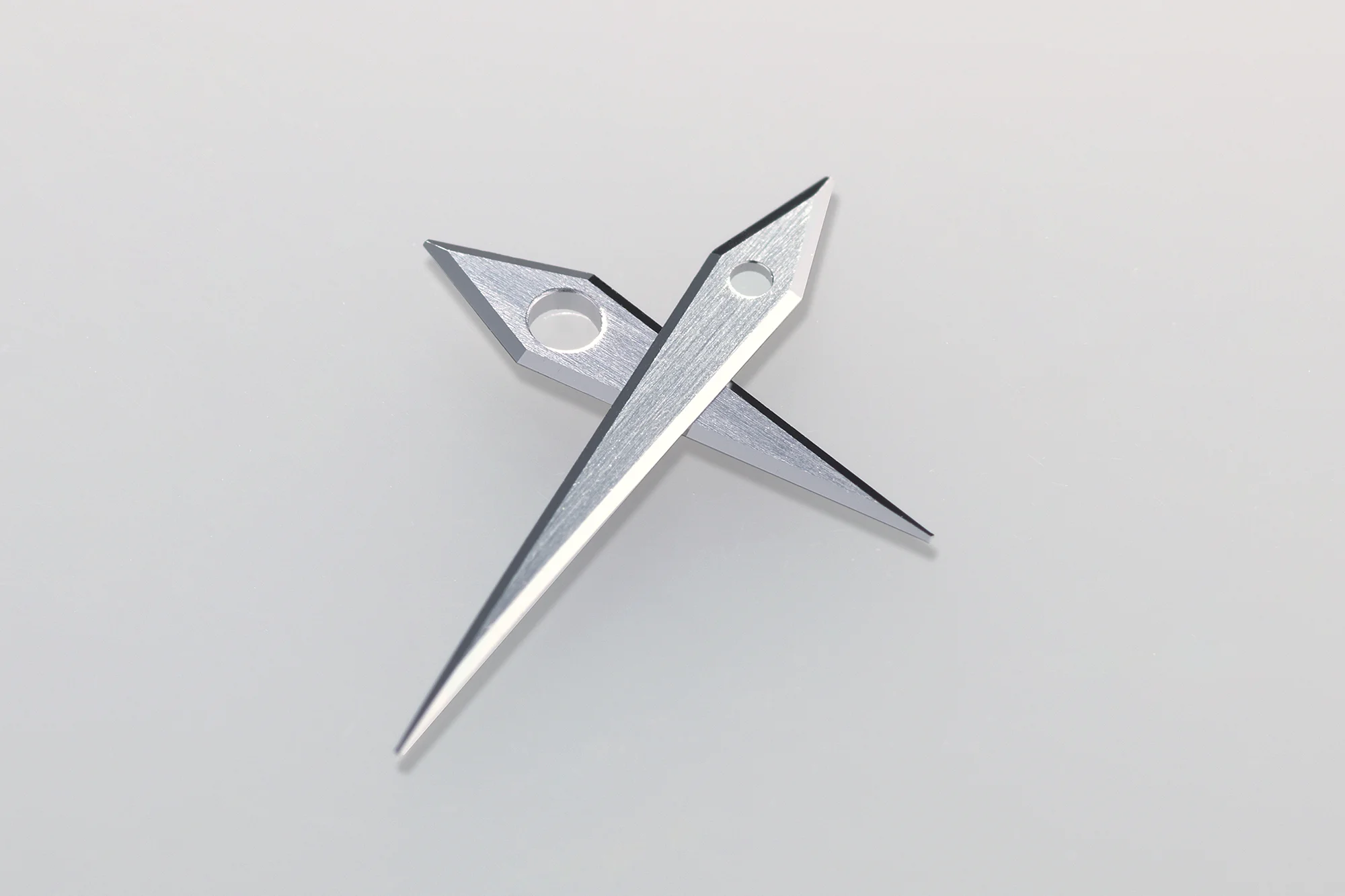
Handset from SBGJ203.
Contrast is also a key component of legibility. To that end, hands and indexes feature different finishes dependent on the color of the dial. Generally, bright colored dials have components with a mirror finish, and dark colored dials make use of hairline finished surfaces. This approach is taken because mirror surfaces do not reflect light diffusely, and often take on reflections that darken the surfaces. Conversely, hairline surfaces are less affected by ambient light and reflect light diffusely, which makes the hands easier to see.
Contrast is also a key component of legibility. To that end, hands and indexes feature different finishes dependent on the color of the dial. Generally, bright colored dials have components with a mirror finish, and dark colored dials make use of hairline finished surfaces. This approach is taken because mirror surfaces do not reflect light diffusely, and often take on reflections that darken the surfaces. Conversely, hairline surfaces are less affected by ambient light and reflect light diffusely, which makes the hands easier to see.
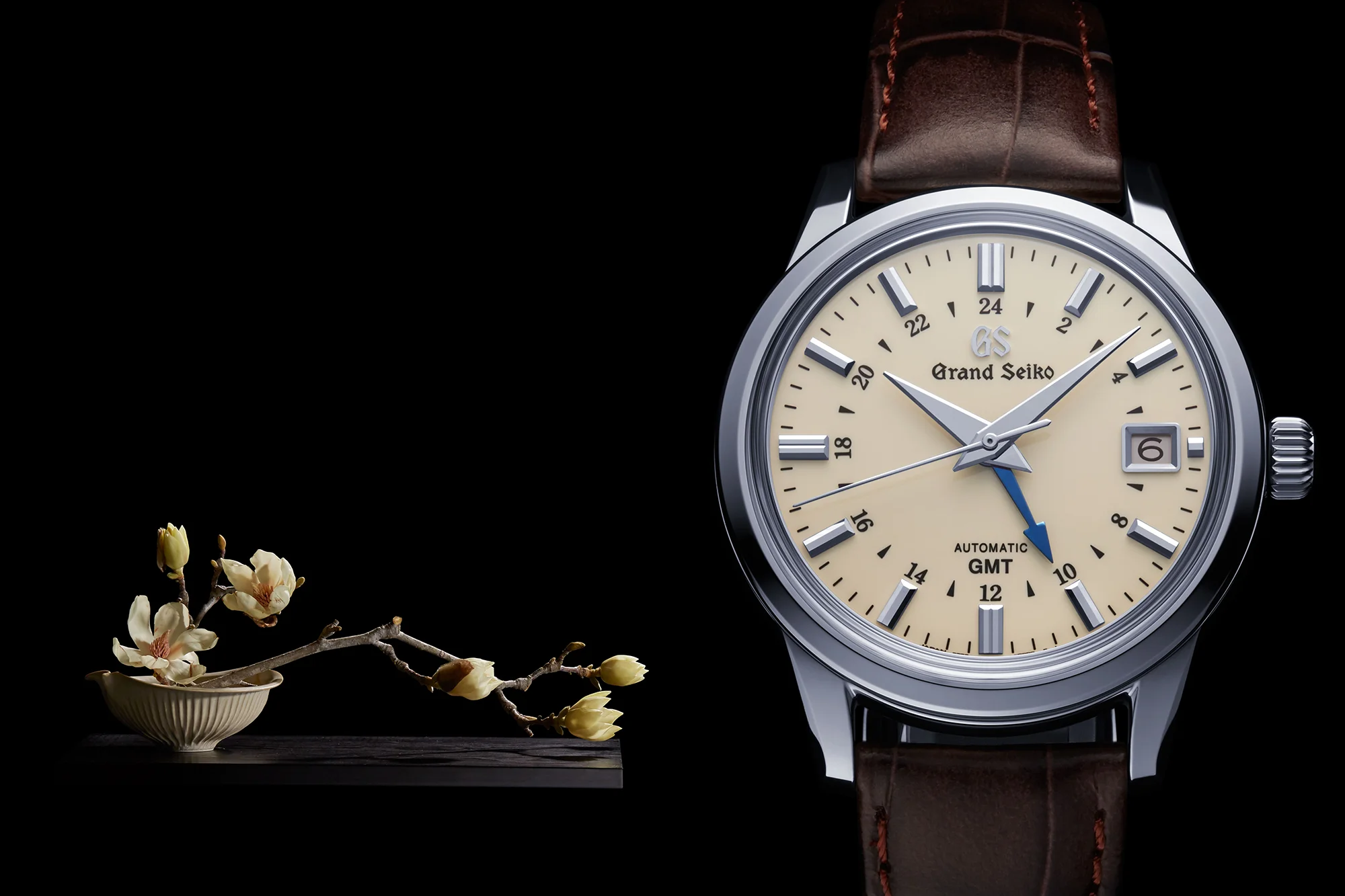
Despite its seeming simplicity, the interplay of light and shadow—and its effects—have a powerful impact on the look and feel of Grand Seiko timepieces, breathing life into the watches in a distinctly Japanese way.
